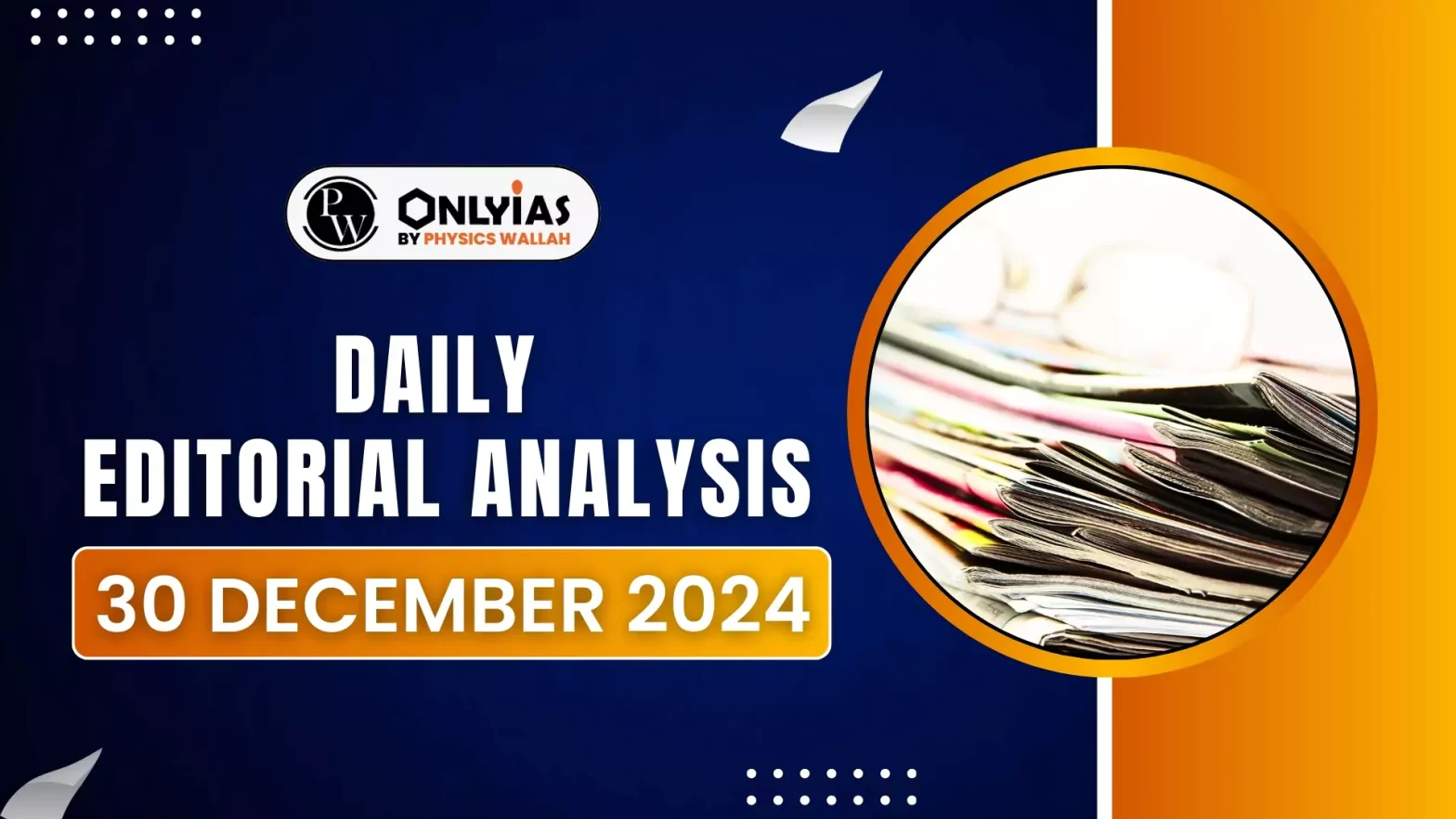The Sahel region of Africa, rich in energy and mineral resources, faces extreme poverty, famine, political instability, and warfare. In the past two years, military coups have occurred in Niger, Guinea, Mali, Burkina Faso, and Chad.
| Sahel Region
The Sahel region is a zone between the Sahara (desert) to the north and savannas to the south.
10 Countries: Burkina Faso, Cameroon, Chad, The Gambia, Guinea Mauritania, Mali, Niger, Nigeria and Senegal. |
Enroll now for UPSC Online Course
Resource Wealth vs. Development Challenges
- The Sahel is rich in natural resources, including uranium, gold, oil, and various minerals. However, the vast wealth has not translated into prosperity for its people.
- Countries like Mali, Niger, and Burkina Faso possess substantial reserves of these resources yet rank among the lowest on the Human Development Index (HDI).
- Key Resource Producers in the Sahel
- Mali: Africa’s third-largest gold producer, with extensive deposits of gold, iron ore, uranium, manganese, limestone and lithium. Despite these resources, Mali ranks 188th out of 193 countries on the HDI.
- Niger: A major global producer of uranium, contributing 5% of global supply. It also has deposits of coal, gold, gypsum, and oil. However, it ranks 189th on the HDI.
| Niger began operating its first commercial uranium mine in 1971 and now has two major mines, producing the highest-grade uranium ores in Africa. |
-
- Burkina Faso: The fourth-largest gold producer in Africa, with additional resources such as zinc, lead, copper, iron, manganese, cassiterite (a tin ore), and phosphate. Despite this, Burkina Faso ranks 185th on the HDI.
Factors Behind Political Instability and Military Coups
The plight of people in the Sahel region is driven by factors such as weak state institutions, military coups, corruption and the external exploitation of its resources.
- Military Coups in the Sahel: Countries have experienced takeovers by military leaders, often fueled by the frustration of the population with ineffective civilian governments and worsening security conditions.
- Key Military Coups
- Mali: Coups in 2020 and 2021
- Niger: Coup in 2023
- Burkina Faso: Coup in 2022
- Guinea: Coup in 2021
- Chad: Coup in 2021
- How Military Leaders Take Over: Military leaders often exploit widespread public dissatisfaction with elected governments to seize power, but they rarely have long-term plans for governance or democratization.
- Real Aim of Military Leaders: Military leaders claim their actions aim to restore stability and end corruption, but they are likely motivated by a desire for power. Additionally, rivalry among global powers has fueled political instability in the region.
Check Out UPSC Modules From PW Store
Geopolitical Competition and Resource Exploitation
- Role of Global Powers: The Sahel has become a geopolitical battleground due to the competition among global powers, particularly France and Russia.
- Influence of France: France has been involved in the region since its colonial era, extracting significant resources like uranium from Niger at below-market rates.
- Anti-French Sentiments: France’s aggressive intervention in 2013 faced significant resistance from local non-state actors and sparked widespread resentment.
| France is one of the EU member states that use nuclear power plants to get their energy for which it requires Uranium.
Niger (former French colony) only accounts for a small percentage of global production of uranium—about 5% yet it is a major supplier of uranium for France, which receives some 15%-20% of its uranium supply from Niger.
According to some reports, France paid only 0.80 euros per kg, while the market price at the time of the coup was 153.77 euros.
Yet access to electricity remains a challenge in Niger. |
- Russia’s Growing Presence: As France’s influence waned, Russia, through private military groups like the Wagner Group, has made inroads into the region.
- This has created a new power rivalry between France and Russia.
| Niger’s coup leaders have sought assistance from the Russian mercenary group Wagner to protect them from rebels, in exchange for leasing a mine. |
Implications for India
- India has significant interests in the Sahel region, particularly in securing access to vital resources such as uranium, oil, and gas. The instability in the Sahel could disrupt India’s access to these resources, which are crucial for its energy and defense needs.
- Impact on Global Security: Furthermore, the geopolitical instability in the Sahel could have broader implications for global security. India, as a rising global power, needs to engage more actively in efforts to stabilize the region
Enroll now for UPSC Online Classes
India’s Role in Regional Stabilization
- India can play a key role in addressing the root causes of instability in the Sahel by focusing on strengthening state institutions, supporting socio-economic development, and ensuring that the region’s resources are managed responsibly.
- India must also engage with both regional and international stakeholders to help prevent further geopolitical escalation in the Sahel.
Conclusion
For the Sahel to achieve stability and prosperity, a concerted effort is needed from both local leaders and the international community. India, as a growing global power, must recognize the importance of the region and contribute to its stabilization, ensuring that its resources are used for the benefit of the people, rather than perpetuating cycles of exploitation and instability.
![]() 30 Dec 2024
30 Dec 2024
